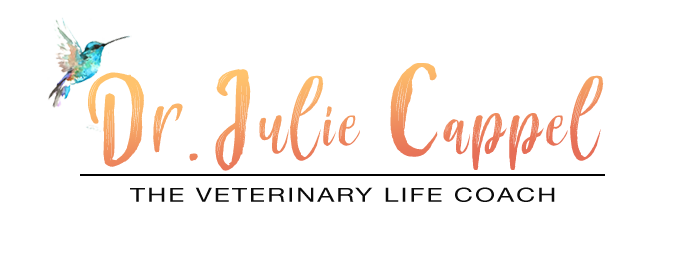Today is Sunday, and I am off work — no veterinary work, no coaching — for the first time since I returned from my vacation last weekend. It seemed like a long hard week, probably because I am still tired from my vacation, the time change, and catching up with everything at home and work. There was laundry, housework, paperwork, phone calls, and all the other errands that I neglected while out of town. I might have started to feel a little sorry for myself if I were not given so many lessons in abundance and gratitude throughout the week.
When I returned home, the first thing I did was get on my computer and order groceries. Online grocery order and delivery is the most exciting thing that I learned during the pandemic. I had never used that service before, but now I am addicted. You set up an order, choose a delivery time, and like magic, some beautiful person comes to your door with groceries. Incredible! Insta-cart is one of the best things ever created.
The delivery time offered that evening was between 9:00 to 11:00 pm, and I was okay with that as I was still on pacific time. When the woman arrived at my door, ten minutes before 11:00 pm, the first thing she did was apologize for being so late. I thought that was interesting since she was well within the time frame offered, and she was magically delivering food to my front porch. If anything, I should be the one to say that I am sorry for bringing her out ten minutes before her scheduled time to go home.
The second lesson happened Friday. One of our veterinary technicians has an amazing husband who ordered and delivered Mexican food to all of us at the hospital. Unprompted, he just told his wife to expect lunch for the whole team. Surprise! So much food and so much fun opening each container to see our choices, then having a sit-down lunch together. Just what a tired team needs right now.
Today, I also saw a great example of abundance when I accompanied my husband to Sam's Club. He usually likes to take his bi-monthly trip alone, but today I decided to tag along to see just what I could find to buy. The place was jammed with patrons, not one empty cart in the lobby, and families were making an outing of it. My husband gets one of those giant pallet-type carts so that he can load it up. As I walked through the massive store with the shelves stacked and isles packed with almost everything you could ever want or need, I looked at the people there and realized that we could take all this for granted. We need to notice how awesome this is.
My amazing vacation (Arizona, Sedona, Lake Powell, Grand Canyon), all the things that I returned to; Insta-cart, free lunch, and Sam's shopping, made me think how fortunate I am to live in the United States. A place where I can travel to beautiful places and then have the ability to get whatever I want whenever I want it quickly and easily.
If I feel tired and overwhelmed, the first thing that I want to do is complain, but what is there to complain about when you have everything that you want and need? My home, work, dogs, family, and friends are all a part of my abundant life.
An abundance mindset is an outlook or attitude that allows you to notice and welcome the world's possibilities. It does not mean that you have everything that you want. It is more about enjoying what you already have and being open to whatever comes—knowing that there are plenty of opportunities out there just waiting for you.
What can we do to notice the abundance around us and foster a positive mindset when feeling tired, stressed, or overwhelmed?
Focus on the positives in your life more than on the things that may be going wrong. My tired body and mind will give in to negative thinking if I let myself forget about abundance. Your worry about being short-handed at work, can turn into gratitude for the people who show up each day. Look around you and see what is there — running water, sunshine, or a happy pet is all you need to feel a bit of your life's abundance.
Practice gratitude. I say this frequently, but it is so easy to do and makes all the difference in how you see yourself and your world. We have a negative bias, so it takes practice and works to find the things in your life for which to be grateful.
Surround yourself with people that have a great outlook. When your brain does not want to see the blessings, hang out with others that do. If you spend time with positive people, it is tough always to see negative. Practice watching and emulating people that you admire.
If you accept that there is enough happiness for you and everyone to share, you will look for your blessings and appreciate all you have in your life.
Dr. Julie Cappel
"There are only two ways to live your life. One is as though nothing is a miracle. The other is as though everything is a miracle." Albert Einstein
"Choose joyful abundance in your heart and be unbounded, free, and relaxed. Be relentless with your choice, and you'll make your mark."
― Amy Leigh Mercree
"Abundance is not something we acquire. It is something we tune into." Wayne Dyer
















